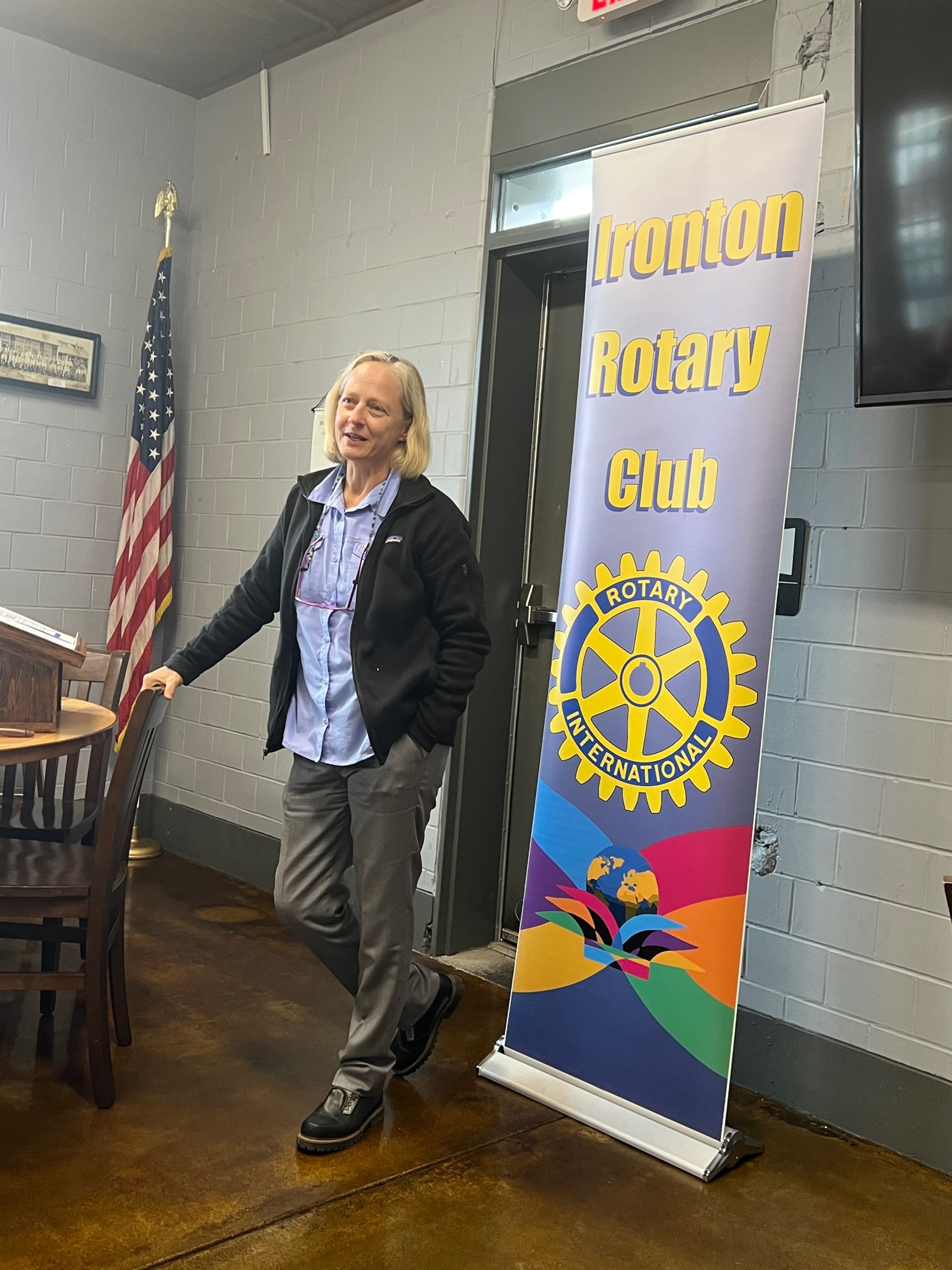Jan Rader, Fire Chief(Ret.), Director of the Mayor’s Council of Public Health and Drug Control Policy in Huntington, WV was our guest this week. An Ironton native, Jan graduated from Ohio University Southern with a nursing degree and was the 1st woman fire chief in Huntington. She has been recognized nationwide for her work with involving drug abuse and treatment. She was one of the 3 women in the Netflix Heroin(e) documentary. She was profiled in Time Magazine. She has done a TED talk on the subject. She retired as Fire Chief after 27 1/2 years. Jan simultaneously worked for the fire department and as an ER nurse. Through both settings she constantly came in contact with drug addiction and the effects on the community and it's members. She dealt with scores of overdoses. She always approaches her work with compassion. Jan stated that most families are touched in some way by drug abuse. She is an accidental spokesperson, never seeking the limelight or desiring to be a spokesperson, but circumstances gave her the platform. When dealing with addicts she started talking to them, asking them how they got into their current situation, what help they need, what help actually doesn't help. Jan worked for Mayor Steve Williams on task forces and in different programs. She tries to shed a positive light on those struggling. and their experiences. Her experience is that most people's addiction starts with legitimate pain medication that is wrongly marketed as being safer and less addictive than it actually is. Jan is grateful Heroin(e) has given people permission to openly discuss this issue. The task force she works on now is focused on harm reduction, such as syringe exchange, neonatal intervention, expedited treatment programs, and shelters for mothers. Jan has seen the terrible effects, but also the many people doing good things. There have been lots of mistakes, but much progress has been made. One problem is the abused product continues to change. It went from overly prescribed opioids, to heroin, now to synthetic drugs. Currently there are 3 to 5 generations suffering from substance abuse. This causes long term problems of people not knowing any way out. Multi-generational poverty is a result.
Meeting 10/12/22

